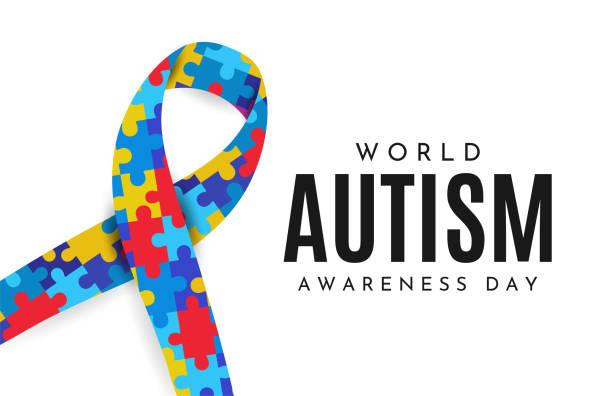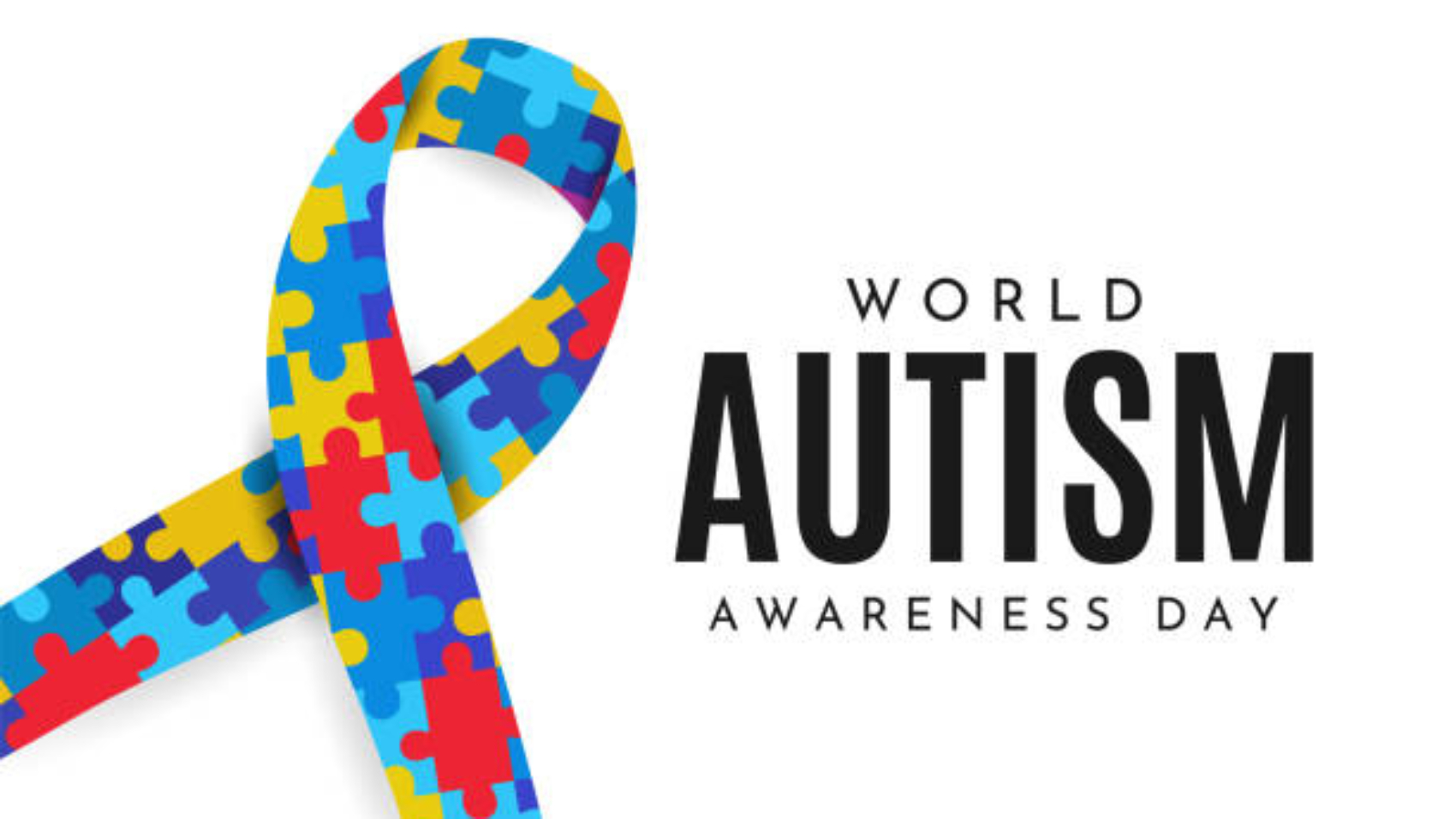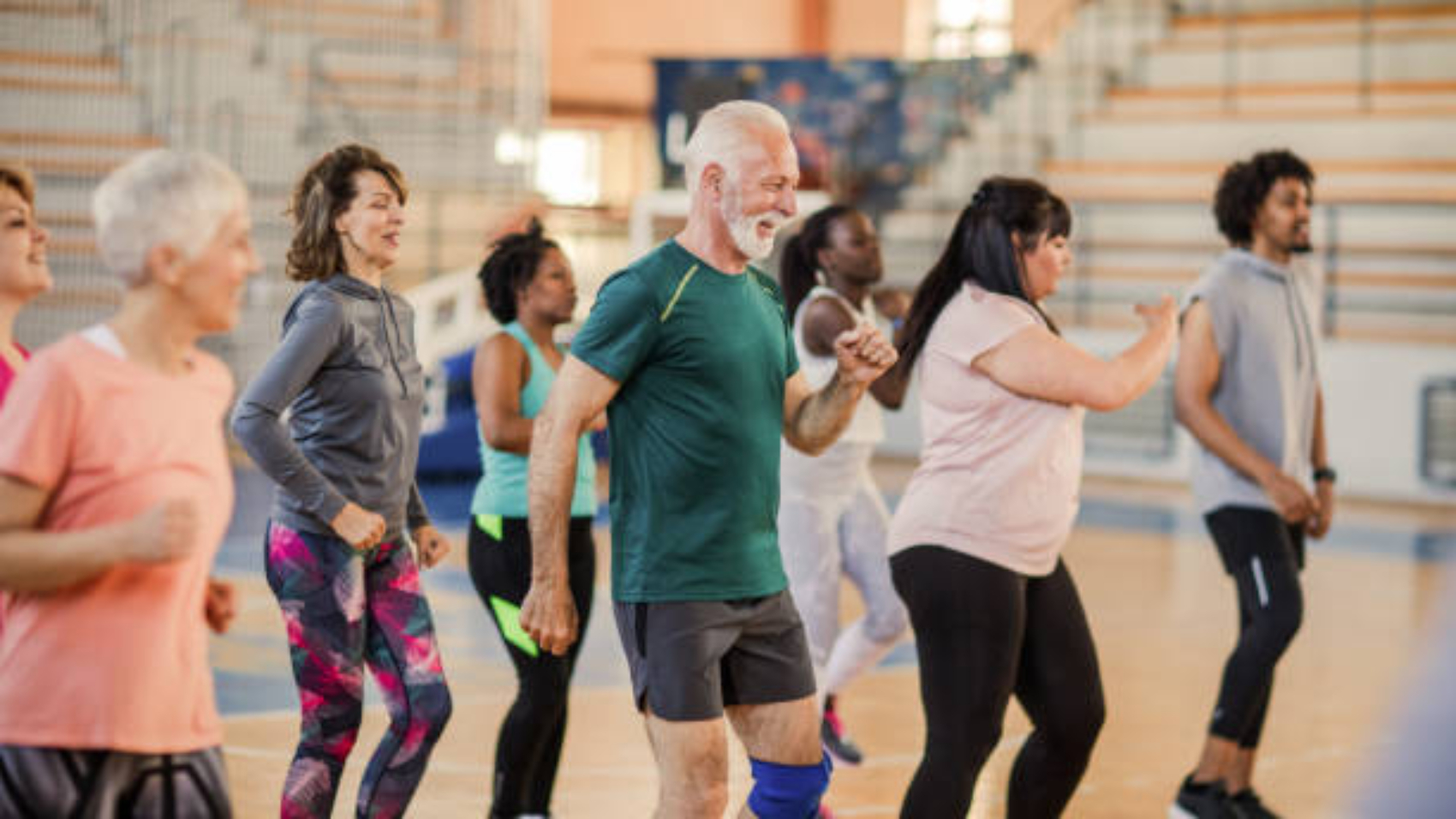Nutrition for the Elderly in 2020 – A useful guide Healthy eating shouldn’t change just because of advancing age. Proper nutrition in the elderly guidelines requires as much attention as with any other period. Seniors must ensure that they eat right to provide the body with the nutrients it requires at an advanced age. One reason for the poor attention given to elderly nutrition is that most people don’t fully comprehend its
Healthy eating shouldn’t change just because of advancing age. Proper nutrition in the elderly guidelines requires as much attention as with any other period. Seniors must ensure that they eat right to provide the body with the nutrients it requires at an advanced age.
One reason for the poor attention given to elderly nutrition is that most people don’t fully comprehend its importance.
Another is that, as individuals age, various issues can make it difficult to maintain healthy lifestyles. Answering the question- what are the factors affecting nutrition in the elderly? helps to put together an appropriate nutrition plan.
Learning a few fundamentals of good nutrition for the elderly is essential. It makes it easier to select the right variety of foods for a particular person.
Why is nutrition important in the elderly?
As the body ages, the risks of various physical and mental conditions increase. A healthy lifestyle helps to minimise or even prevent some of the health issues to which seniors are susceptible. For elderly persons who are living with different ailments, it is useful to know which foodstuffs to focus on.
For people living with chronic illnesses, a balanced diet is critical for effective management. Diseases such as diabetes, dementia and high blood pressure require care. Neglecting nutrition can aggravate chronic ailments and make life harder for an elderly person. Studies show that eating well can decrease the risks of anaemia, stroke, bone loss, type 2 diabetes and some forms of cancer.
Improved mental health is another importance of nutrition and hydration in the elderly. As you age, the mind does as well, and over time, it loses its sharpness. However, the appropriate diet for the elderly can slow down this process. Good nutrition can boost cognitive ability and memory in seniors.
Poor nutrition is detrimental to the immune system. When the body doesn’t have the ingredients it needs to boost immune, it leaves an individual prone to many health challenges. With a compromised immune system, even common infections like the cold become a big issue.
Proper nutrition improves the quality of life in the elderly. When the body receives all the nutrients it demands, it has a better chance to function as required. Strong bones, an enhanced immune system and mental acuity are a few advantages of good nutrition that will make it easier for an ageing individual to live a fulfilled life.
Here is a useful video on the importance of nutrition for older people.
What are the Factors Affecting Nutrition in The Elderly?
Keeping up with healthy eating gets hard as you age due to a number of reasons:
1 -Loss of appetite
Poor eating habits in the elderly are largely due to the loss of appetite that comes with age. Studies have not identified what exactly causes diminished appetite. It could be the changes to the central nervous system or hormonal imbalances. However, the loss of appetite means that an ageing individual eats less, which affects nutritional intake.
2 -Loneliness
Seniors who live alone may find it difficult to enjoy mealtimes, leading the individuals to avoid them altogether. Isolation can also cause depression, resulting in poor appetite. It is why relatives are advised to visit seniors around mealtimes to keep them company.
Compromised mobility – an elderly person who has limited movement may not access the right foods. Going to shop for household items or even moving around the kitchen to prepare meals can be a real challenge for seniors in these situations.
Such individuals rely on various services to bring them meals at home. However, you can’t always be sure that such services are meeting the nutritional needs of the elderly.
3 – Financial constraints
In some instances, it’s a matter of money. An ageing individual who doesn’t have a fixed income may not afford to buy the correct foods that provide good nutrition for the elderly. Other necessities such as utilities, rent and medication may take priority to healthy eating. An ageing person may only budget for the basic foodstuffs and inadvertently end up with the wrong nutrition.
4 – Ailments
Old age come with its set of health complications that can influence how one eats. Chronic illnesses such as stroke, cancer and heart disease can bring secondary issues like loss of appetite that make it difficult to maintain healthy eating habits.
5 – Dental problems
Poor dental health can interfere with nutrition in the elderly. Loss of teeth, painful gums and poorly fitting dentures are some of the common problems that seniors have to deal with. Chewing issues can make eating a difficult activity that some people may opt to undertake as fewer times as possible.
What Nutrition Do The Elderly Need
Knowing that older adults need nutrition is not enough, they must have the right kind. As the body changes with age, its nutritional requirements shift as well. A diet plan for a 30-year-old will not have the same benefits for a 70-year-old.
How many calories should a single meal have? Which minerals are essential for seniors? Such considerations are critical when creating a diet plan. A few nutrition guidelines in the elderly will help avoid some common mistakes. Certain nutrients play a more crucial role in the elderly than others.
1 – Vitamin B12
Vitamin B12 deficiency is a big challenge for people over 60. The ability of the body to digest vitamin B12 from proteins decreases as a person ages. This deficiency can cause issues with the central nervous system.
Eating lean meat, seafood and cereals will boost the intake if B12 in a senior. Vitamin B12 supplements may be necessary if you are wondering about- what nutrition do elderly need?
2 – Potassium
3 – Increased potassium intake and reduced-sodium content go a long way in managing and combating high blood pressure. Beans are some of the richest foods in potassium. Vegetables and fruits contribute a fair share too.
4 – Fibre
When planning nutrition in the elderly, ensure that you include sufficient fibre. Besides helping with digestion, fibres reduce the threat of Type 2 diabetes and heart disease. Foods that increase the consumption of fibre include cereals, grains, fruits and vegetables.
5 – Calcium and Vitamin D
Improving bone health is fundamental in ageing individuals. Weak bones cause some of the most frequent problems in seniors such as fractures, falls and limited mobility. Vitamin D and calcium enhance muscle and bone health. Vegetables, fish and cereals are some of the food groups that help with this.
6) Increasing your intake of adaptogens
Adaptogens are herbs known for their ability to help your body better handle physical and emotional stress. Recent pharmacological studies of some adaptogens give a rationale to their effects at the molecular level.
It has been shown that there is a significant beneficial stress-reducing effect of adaptogens in the system. One adaptogen that has been shown in scientific studies that you can take in a supplement form is Bacopa Monnieri. Find out more about this stress-reducing herb here: https://www.simplesmartscience.com/bacopa-monnieri-leaf-and-herbal-extract/
Importance of Hydration
Water retention capabilities diminish with age, which is why hydration is a common threat in seniors. One importance of nutrition and hydration in the elderly is that it helps with moods.
A properly hydrated body has a lot of energy, allowing you to be more energetic. Of course, there is the prevention and management of illnesses. Proper hydration can increase the ability to fight off ailments.
Hydration is critical for mental health as well. Depriving the body of sufficient liquid can impact the ability of the brain to function optimally. For active seniors, it is imperative to stay hydrated during activities.
Fruit juices, milk and plant beverages are some of the drinks included in nutrition in the elderly guidelines. Of course, water is the primary source of hydration. Although it may not always be simple, ageing persons must take the recommended amount of water.
Why is nutrition important in the elderly? This is a crucial question that everyone must consider. The body has its nutritional demands even at an advanced age. As people age, the ability to take in and retain nutrients changes dramatically. It is why eating the right foods should be a priority whether you are senior or taking care of one.
Source: https://ukcareguide.co.uk








